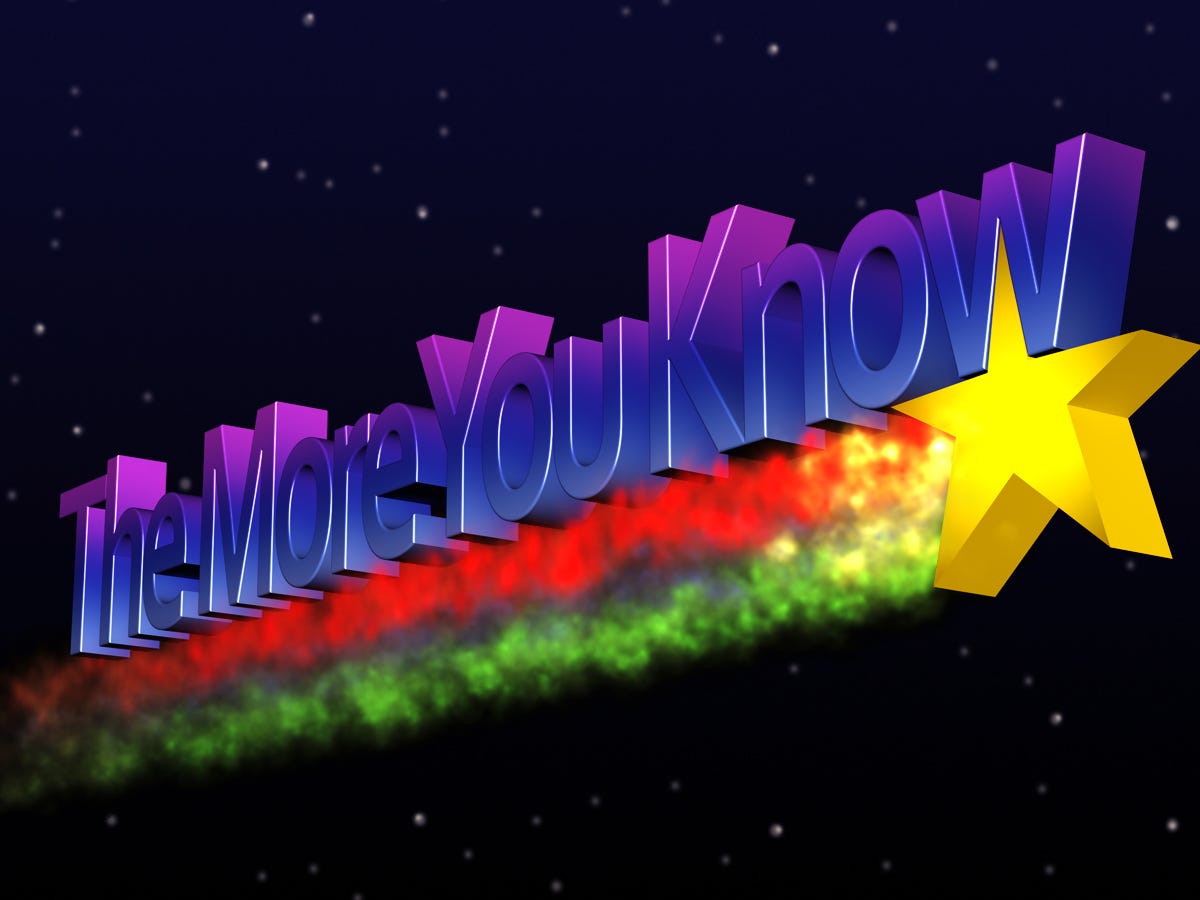Hey friends!
I thought I’d write today about a contract thing you probably don’t know about—even if you’ve signed a book contract before! Because I know that just because you read your contract once (you read it, right?) you don’t remember everything that’s in it. That’s what your agent is for, right? <anakinpadmameme.jpeg>
Today we’re talking about Competitive Works clauses. Previously we’ve talked about Option clauses, Out of Print clauses, about how contracts are not about feelings, deadlines in contracts, and literary agency agreements. It would be impossible for me to write about everything you need to know about contracts, mainly because what is important to your contract might not be important to someone else’s. But I’m happy to give you an overview here, so when you see it in the wild, you have at least an inkling about what it means.1
Somewhere in your book contract will be a clause that might say a combination of some or all of these things:
You can’t let another company publish a book that’s basically this same book, even if it’s abridged or superficially changed, without the Publisher’s consent.
You can’t let another company publish a book that is “substantially similar” to the book we’re talking about that will clearly diminish the sales of that book.
For a period of time after this book comes out, you won’t publish another book in the same genre as this book.
It seems pretty straightforward, no? The Publisher, who just bought your book, doesn’t want you to sell other books that will take away from the sales of the book they just bought. You don’t either because those are your sales, too! This is not the most contentious clause in a contract, at least on the surface.
What you have to look out for, though, is that this clause is not unnecessarily broad. The Publisher’s first draft of the contract to you (or your agent) will likely have the broadest terms possible, because that’s what’s best for them. They pay lawyers lots of money to write them the most Publisher-advantageous contract, because of course they do! They don’t do this because they’re evil or whatever. They do it because they are a business!2 That’s why you have an agent, or you arm yourself with as much knowledge as you can, to get you the most author-advantageous contract, because the Publisher is not going to do it for you! If you don’t have an agent, check out these contract review resources from the Author’s Guild.
It’s important to narrow down this clause because, in all likelihood, you can’t just write one book a year and make a living off your work. If you’re trying to/lucky enough to get to try to make a living off of writing alone, a too-broadly written one of these clauses means you cannot do another book with anyone (INCLUDING SELF-PUBLISHING) without the Publisher’s permission. And like, why do they get a say if you want to write a picture book when you sold them a murder mystery? What if you get tapped to write a very cool IP project and this clause prevents you from taking it? Your position is you want to be able to do whatever you want when you want and the Publisher’s position is hey we want to make sure you don’t do anything that takes away from our sales, and you meet in the middle because that’s negotiation, baby!
We usually make this more narrow by saying the author won’t do another book in the same genre, or for the same audience, or using the same characters, within a specific time period (and we always make that time period as short as the Publisher allows because why not?). We also say that if the Publisher passes on the option book, that doesn’t count as a competitive work. This isn’t everything, though, because there might be something in your career or relevant to your book that I can’t anticipate here, and you figure that out with your agent when it’s your contract. No contract advice is one size fits all. And remember, once you say yes to it in one contract, it’s harder to get it out in the next and the next. DON’T PANIC if you signed something already without an agent. You just might have to work harder to change it next time.
And don’t worry that a Publisher is going to demand control of everything you write if you sign a book contract. They don’t care about your WIPs, your fanfic posted online for free, your schoolwork, your anonymous erotica, your newsletter or Pateron (as long as it’s not The Book serialized). They do consider self-publishing on the same level as traditional publishing, insofar as they are both retail markets, so remember that counts. Your work under a pseudonym might count, but it depends. You’ll talk this over with your agent.
Confused? Don’t worry! Sometimes these things don’t quite make sense until you’re applying it to a real situation. When you have the wonderful problem of trying to figure this out, ask yourself what other books do I want to write and publish in the meantime, even hypothetically? What projects do I already have in the works? What does this clause prevent me from doing?
Fun with contracts, right???
XOXOXOXO,
Kate
Legal caveat, as always. I am not a lawyer and this is not legal advice.
Some businesses are evil so ¯\_(ツ)_/¯




As a very small publisher and an author I’d agree with everything stated here. Our publishing contracts never prevented our authors from writing other books. Not a fair thing IMHO. also, I’m an author first and foremost so I bat for that team!
Adorei!